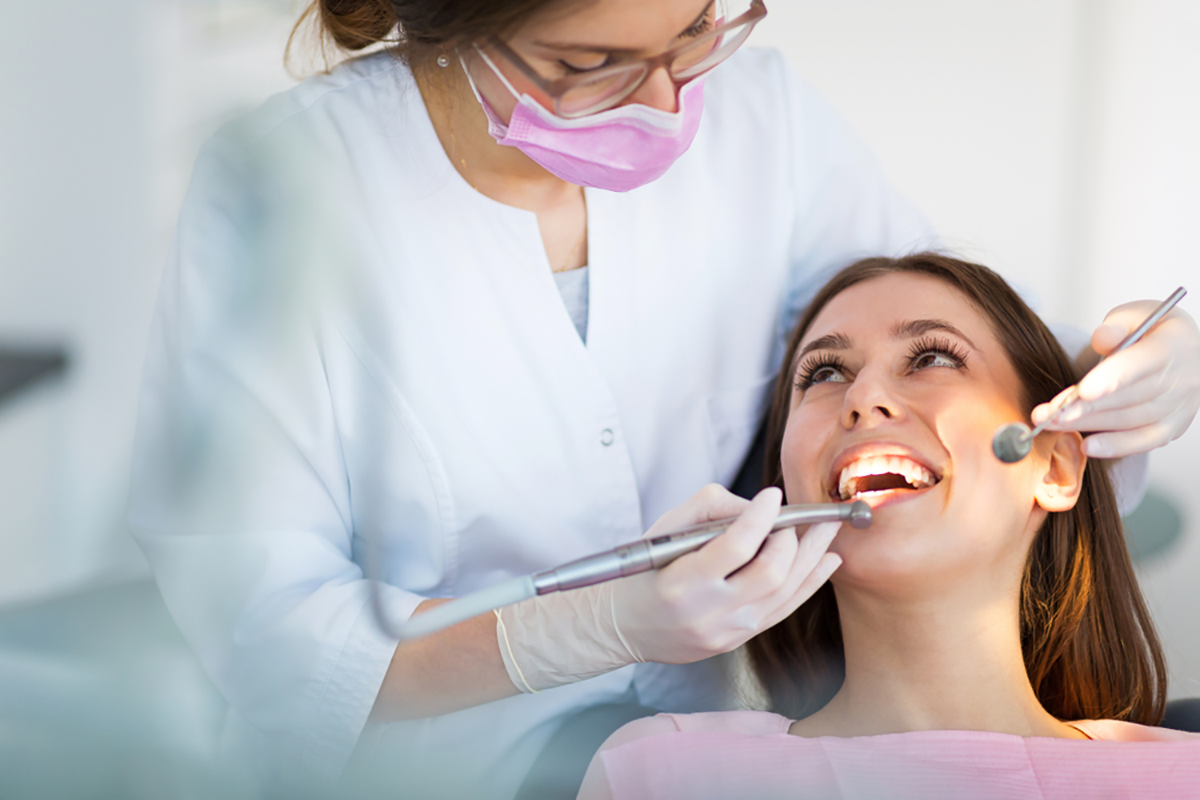Dental crowns dental services Ascot Berkshire near me: With over 70 years combined dentistry experience, we are proud to have the most experienced team of dentists in Ascot. We strive to pursue an elite standard of private dentistry, providing the best quality results and care no matter how quick or complex your treatment. At Eledent Smiles we can look after all your dental needs. From oral health checks to replacing missing teeth, or from smile makeovers to facial aesthetics our team are sure to make you smile. Our highly skilled General Dental Council (GDC) registered dentists and nurses have over 70 years combined extensive dentistry experience and aim to provide the very best level of treatment and patient care. You can be confident you’re in safe hands at every visit. Read extra info at smile makeovers in Ascot.
Should I Get Dentures or Implants? Dental implants and dentures are both popular options for seniors who have lost some or all of their teeth. However, their advantages and disadvantages differ depending on your needs and situation. While dental implants are often considered the superior option, dentures may still be a viable choice for some patients. Dental implants are designed to resemble natural teeth in appearance and function. They are permanently anchored to the jawbone, providing a more natural bite and allowing for a wider range of foods you can eat comfortably. Also, dental implants can last many years with proper care, making them a cost-effective long-term solution. On the other hand, dentures may be a better option for those who need a more affordable or less invasive solution or have only a few missing teeth. They can also be ideal for those who want to avoid lengthy procedures with multiple appointments.
Do you want to have healthy teeth and gums? Here are a few tricks: Chew Gum That Contains Xylitol: Multiple studies have shown that chewing gum that contains xylitol twice daily helps fight tooth decay by lowering plaque buildup. Brands like Trident make gums with this ingredient, so pick up a pack and get chewing if you’re looking to whiten your teeth.
Avoid ‘Baby Bottle Decay’: Don’t put your infant or older child down for a nap with a bottle of juice, formula, or milk. Sugary liquids cling to his teeth, feeding bacteria that can cause tooth decay. If you must give your child a bottle to take to bed, make sure it contains only water. Schedule your child’s first dental appointment before their first birthday or after his or her first baby tooth is visible, whichever comes first. This visit is like a well-baby visit with your pediatrician. As kids grow up, their oral hygiene habits should grow with them. Kids have all their baby teeth by the age of 3. These are called primary teeth. Baby teeth start falling out around age 6; that’s when the permanent, or adult, teeth start coming in. Gaps between baby teeth are normal. They make room for the permanent teeth. Most permanent teeth come in by age 13.
Seal off trouble. Permanent molars come in around age 6. Thin protective coatings applied to the chewing surfaces of the back teeth can prevent decay in the pits and fissures. Yet only one in three U.S. kids receives dental sealants. Talk to your dentist at Personal Care Dentistry. Use fluoride. Fluoride strengthens enamel, making it less likely to decay. Three out of four Americans drink water that is fluoridated. If your water isn’t fluoridated (i.e. you drink bottled water), talk to your dentist at Personal Care Dentistry, who may suggest putting a fluoride application on your teeth. Many toothpastes and mouth rinses also contain fluoride.
While all sweetened drinks are bad for teeth, some energy and sports drinks may be worse, according to one study in General Dentistry. Researchers found that these drinks — as well as bottled lemonade — may erode tooth enamel after long-term use. The result is thin, translucent, discolored teeth. To prevent tooth erosion: Don’t sit and sip these drinks for a long time. Rinse your mouth with water when you finish drinking.
This process dehydrates teeth. They’re rehydrated as you eat and drink over the subsequent days. That’s why it’s important to be cautious about what you consume immediately after whitening your teeth. By protecting your teeth from premature or accelerated aging, you can prevent internal discoloration from getting worse. Simple lifestyle changes like staying better hydrated can prevent acid wear (plus, hydration corrects dry mouth, which reduces your risk of cavities!). When the inner part of the tooth is whitened, the color that’s reflected through the outer enamel of your teeth is lighter, making the tooth look whiter and brighter, overall. Find extra details at https://www.eledentsmiles.co.uk/.
